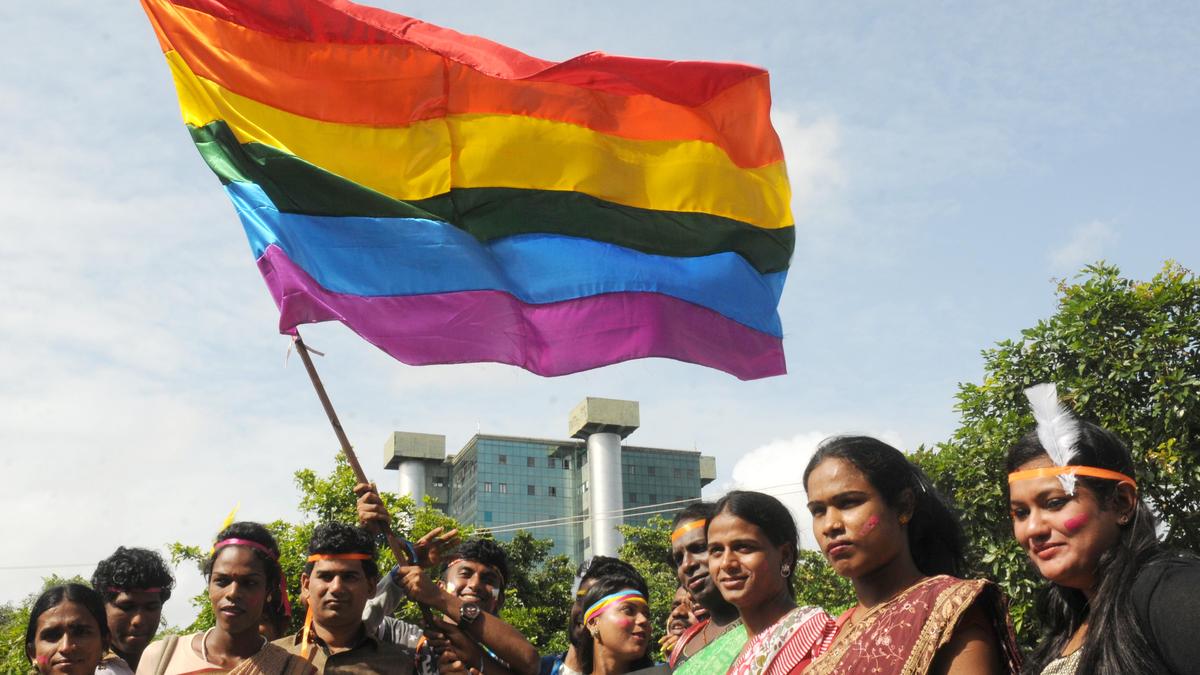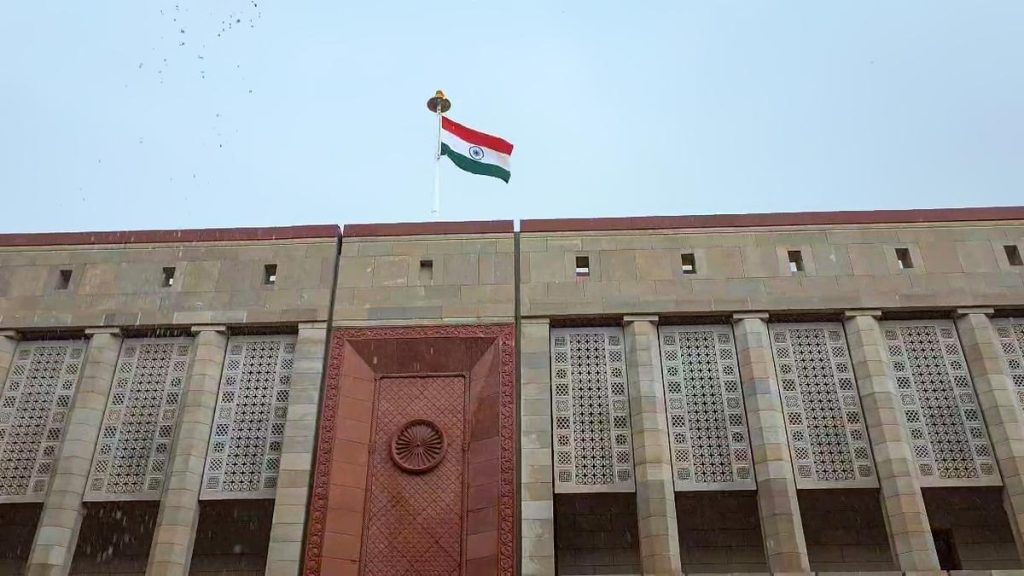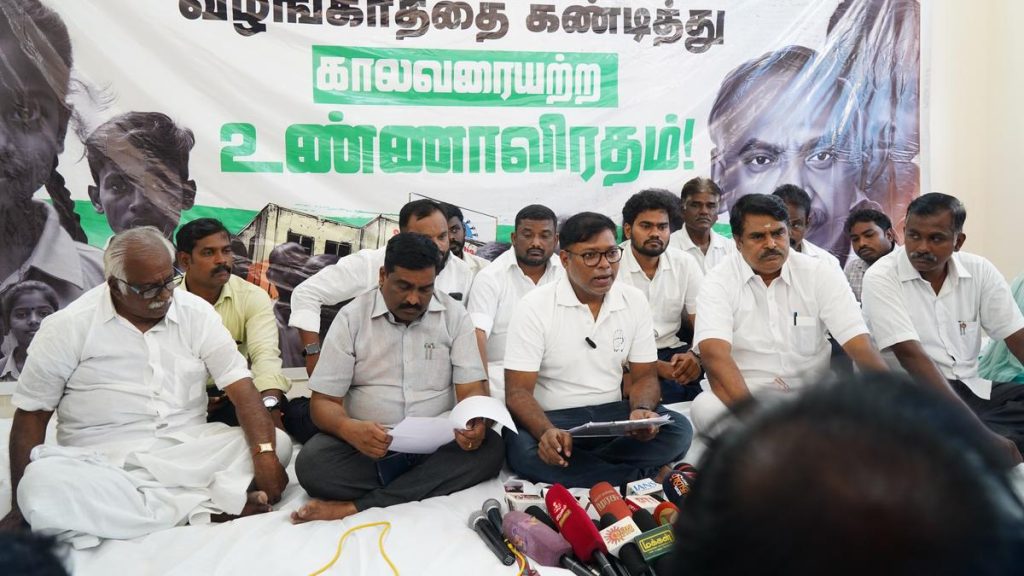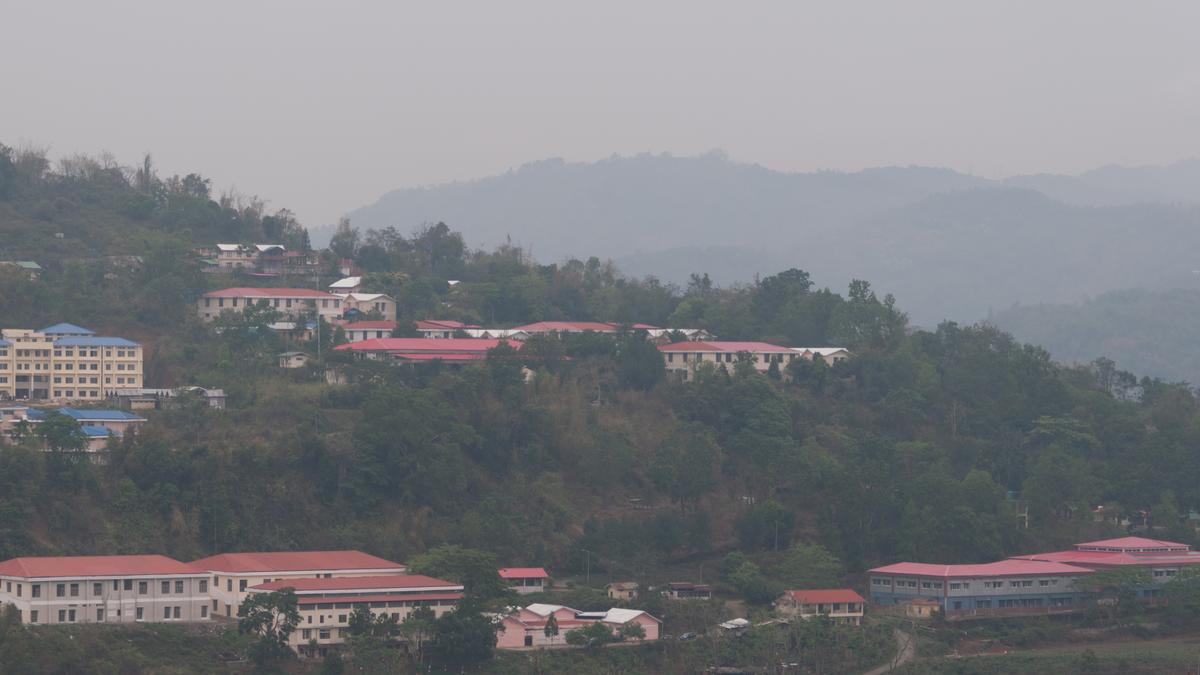Now Reading: SC Seeks Centre, NCERT Stand on Plea for Transgender-Inclusive Sex Education
-
01
SC Seeks Centre, NCERT Stand on Plea for Transgender-Inclusive Sex Education
SC Seeks Centre, NCERT Stand on Plea for Transgender-Inclusive Sex Education

Speedy Summary
- On September 1, 2025, the Supreme Court of India sought responses from the Union Government, NCERT, and several States regarding a petition seeking transgender-inclusive comprehensive sexuality education (CSE) in school curricula.
- The petition was filed by Kaavya Mukherjee Saha, a 16-year-old student from Delhi. The court directed respondents too reply within six weeks.
- Senior advocate Gopal Sankaranarayanan argued that despite the Supreme Court’s 2014 judgment mandating CSE integration in schools, this has not been implemented. an RTI revealed NCERT had no information on such incorporation.
- Allegations were made against NCERT and SCERTs for omitting examinable content on gender identity and diversity, violating obligations under the Transgender Persons (Protection of rights) Act, 2019.
- Reviews showed systemic omissions across multiple states; kerala was noted as a partial exception in integrating progressive content into its curriculum.
- The petitioner stated these omissions infringe upon equality rights and called for “scientifically accurate” transgender-inclusive CSE across all Indian schools’ syllabi.
- A December 2024 Supreme Court ruling emphasized the role of CSE in curbing child marriages and promoting girls’ education. It required States to include it as per global frameworks.
Indian Opinion Analysis
the petition underscores a meaningful gap between judicial directives and thier ground-level implementation.Despite clear mandates since 2014 to integrate comprehensive sexuality education-including perspectives on gender sensitization-progress appears limited or nonexistent in many regions.This lack of action raises questions about institutional accountability within pivotal educational bodies like NCERT.
Additionally, systemic curriculum gaps highlighted by reviews reflect broader deficiencies in addressing diversity and inclusion comprehensively.Such omissions could impact India’s effort to build an education system that fosters equality while also undermining legal protections guaranteed by laws such as the Transgender Persons (Protection of Rights) Act.
If properly implemented nationwide, scientifically accurate and inclusive sexuality education could align India closer with global best practices while addressing pressing societal issues like child marriage prevention noted last year by the judiciary. However, coordination among educational councils at state levels will be key for meaningful change beyond Kerala’s incremental advances.
Read more: Source Link
























